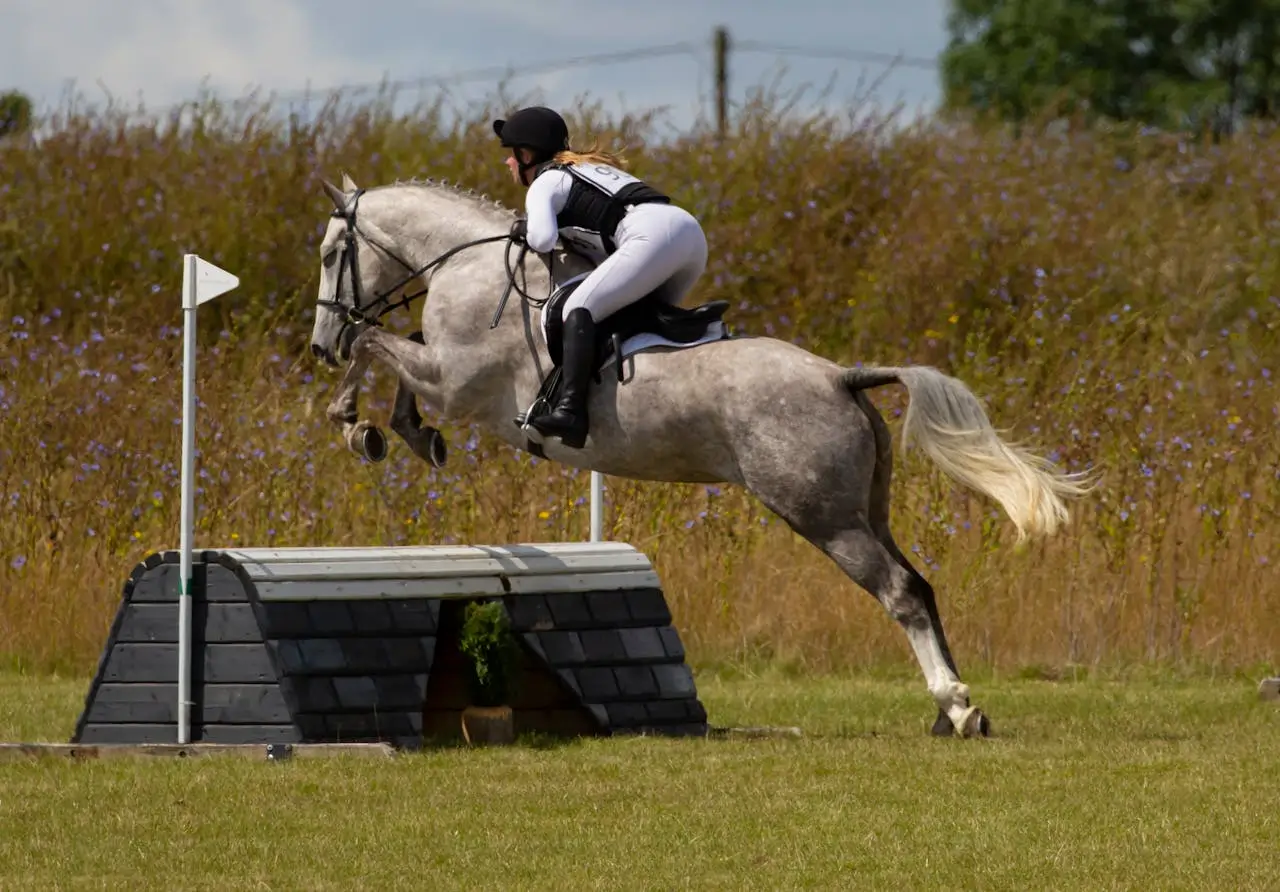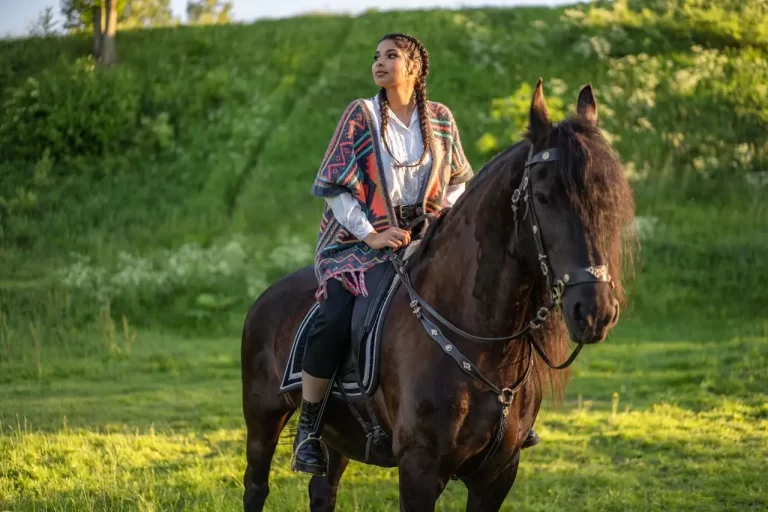5 Things to Consider When Choosing the Right Horse for You
Buying a horse is a major commitment, not only financially but also in terms of time and emotional investment. Selecting the right horse involves understanding your goals, experience level, and lifestyle, as well as recognizing the needs of the horse itself. Here’s a guide to help you make the best choice for a long-lasting and enjoyable partnership.
1. Consider Your Riding Goals
Before diving into horse ownership, consider what you want to achieve with your new companion. Are you looking for a horse for leisurely trail rides, or do you have ambitions for competitive events like show jumping or dressage? Different types of horses are suited for different activities, and understanding your goals can help narrow down your choices.
- Trail Riding: If you’re interested in casual riding, look for a horse known for a calm temperament, solid footing, and a willingness to listen. Breeds like Quarter Horses and Tennessee Walkers are often well-suited for trail riding.
- Competitive Events: If your aim is competition, consider a horse with high stamina, agility, and experience in that discipline. Warmbloods, Thoroughbreds, and Arabians are popular choices for events like show jumping or endurance riding.
- Companionship: For those mainly seeking companionship, personality is often more important than specific skills. Friendly and easygoing horses can make wonderful friends and family companions.
2. Evaluate Your Experience Level
Your riding experience is crucial in choosing the right horse. An experienced rider may be able to handle a young or spirited horse, while a beginner or intermediate rider will benefit from a calmer, trained horse that can provide a stable learning experience.
- Beginner-Friendly Horses: Horses with an easygoing temperament are ideal for beginners, as they’re typically more forgiving and less likely to get spooked. Breeds like Quarter Horses and Morgans are often known for their suitability for first-time owners.
- Experienced Rider Needs: Advanced riders often seek horses that challenge them with more complex movements, speed, or agility. Young or “green” horses (those with limited training) can be a good fit for experienced riders who want to train or work with their horses to build skills over time.
Choosing a horse that aligns with your skills ensures a safer, more enjoyable experience for both of you.
3. Assess the Horse’s Age and Health
Age and health play significant roles in finding a good match. Younger horses, generally under the age of seven, often require more training and energy, which can be a great fit for experienced riders. Older horses, usually over 12 years, tend to be calmer and are often more forgiving, making them ideal for less experienced riders or those looking for a family horse.
- Younger Horses: While younger horses may have lots of energy and a longer active life, they require consistent training and attention. This option is often best suited for those with experience and time for training.
- Older Horses: Mature horses have usually developed calmness and stability, which can be beneficial for beginners or people with less time for intense training. Be sure to assess an older horse’s health, particularly any conditions related to age, like arthritis.
- General Health Checks: Ask a vet to perform a pre-purchase exam to evaluate the horse’s physical health and identify any conditions that could affect its performance or lifespan.
4. Temperament and Personality
Every horse has a unique personality, and finding one that matches your own can create a more enjoyable experience. Some horses are naturally gentle and relaxed, while others are more spirited and excitable. Matching your personality with the right temperament is key.
- Calm and Steady: A laid-back horse is ideal for beginners or those seeking a relaxed experience. These horses often have a “bombproof” temperament, meaning they’re less likely to be spooked.
- Energetic and Spirited: More energetic horses may be ideal for riders who enjoy a bit of a challenge or are interested in events requiring high energy and responsiveness.
- Friendly vs. Aloof: Some horses love human attention and interaction, while others may be more independent. Spend time interacting with the horse before purchasing to see if their personality is a good fit.
5. Maintenance Needs and Costs
Horses require ongoing care that includes feeding, stabling, regular vet visits, and farrier services, all of which can add up. Understanding these costs and requirements beforehand will help you determine if you’re prepared for horse ownership.
- Boarding and Feeding: If you don’t have a stable on your property, you’ll need to consider boarding costs. Additionally, horses need specific diets, including hay, grains, and sometimes supplements, which can vary based on the horse’s size, age, and health.
- Routine Health and Hoof Care: Regular veterinary check-ups and farrier visits are essential. The farrier will need to trim or shoe the horse’s hooves every six to eight weeks, and routine vet visits are essential for vaccinations, dental care, and general health maintenance.
- Emergency Funds: It’s wise to have a contingency fund for unexpected health issues, as emergency vet care can be costly.
Conclusion: Take the Next Step Toward Horse Ownership
Finding the perfect horse is about more than looks; it’s about compatibility, commitment, and care. By considering your goals, experience, the horse’s health and personality, and the maintenance needs, you’re setting yourself up for a successful, fulfilling partnership.
Ready to meet your perfect match? Schedule a test ride or consultation with us to discuss your needs and find the horse that’s right for you.



